UK rail fares among cheapest in Europe - sometimes
Passengers spent £9.4bn on journeys last year, driven by increase in off-peak and advance tickets
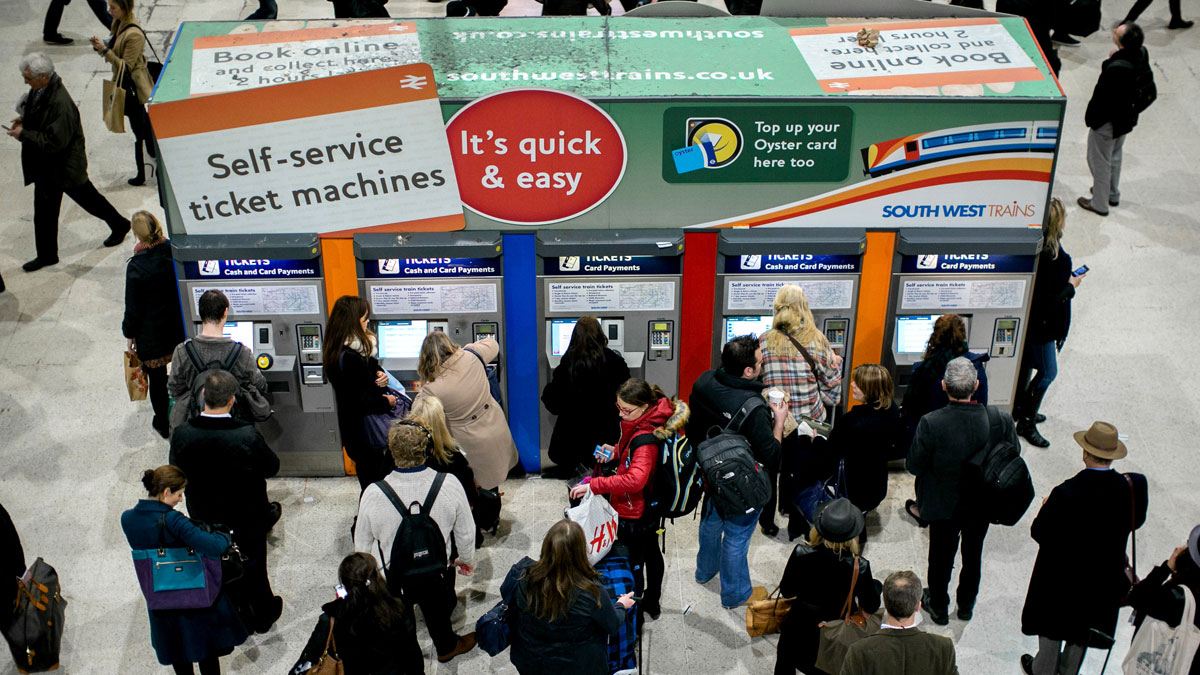
A free daily email with the biggest news stories of the day – and the best features from TheWeek.com
You are now subscribed
Your newsletter sign-up was successful
"You might have heard people say we have the most expensive train fares in the Europe - and it's true. But the UK also has some of the cheapest," says Richard Westcott, the BBC's transport correspondent.
There is a catch. To get cheap fares you have to "book in advance and travel at quieter times" - and that is exactly what UK commuters are doing. According to research published today by the Rail Delivery Group, the trade body for rail operators and state-owned infrastructure manager Network Rail, train journeys hit a record last year of 1.7 billion.
That's around 62 million more than in 2014. The Daily Telegraph adds that this equates to a spend on rail tickets of £9.4bn, driven by a substantial increase of ten per cent in sales of super off-peak and anytime tickets and five per cent in sales of off-peak and advance tickets.
The Week
Escape your echo chamber. Get the facts behind the news, plus analysis from multiple perspectives.

Sign up for The Week's Free Newsletters
From our morning news briefing to a weekly Good News Newsletter, get the best of The Week delivered directly to your inbox.
From our morning news briefing to a weekly Good News Newsletter, get the best of The Week delivered directly to your inbox.
But per journey, Britons are still spending more for their travel, with peak-time commuters, who have no choice in when they travel, bearing the brunt.
While the number of journeys rose 3.8 per cent on the previous year, the increase in the amount passengers are spending jumped six per cent. Under controls based on inflation set by the government, prices rose 2.5 per cent last year and by a more modest 1.1 per cent this year.
That average increases tend to be concentrated on peak-time and season tickets are a permanent source of anger for consumer groups. According to an article from the BBC from last month, monthly train costs can account for up to 13 per cent of a commuter's salary and research suggests these prices are actually "the highest in Europe".
The rise in passenger numbers also has other consequences in terms of the strain it puts on the Victorian rail infrastructure, with as many as one in ten trains being ten minutes or more late. While there are huge upgrade works taking place, funded by the increase in passenger spending, the 4.6 million journeys a day makes completing these difficult and time-consuming.
A free daily email with the biggest news stories of the day – and the best features from TheWeek.com
-
 The ‘ravenous’ demand for Cornish minerals
The ‘ravenous’ demand for Cornish mineralsUnder the Radar Growing need for critical minerals to power tech has intensified ‘appetite’ for lithium, which could be a ‘huge boon’ for local economy
-
 Why are election experts taking Trump’s midterm threats seriously?
Why are election experts taking Trump’s midterm threats seriously?IN THE SPOTLIGHT As the president muses about polling place deployments and a centralized electoral system aimed at one-party control, lawmakers are taking this administration at its word
-
 ‘Restaurateurs have become millionaires’
‘Restaurateurs have become millionaires’Instant Opinion Opinion, comment and editorials of the day
-
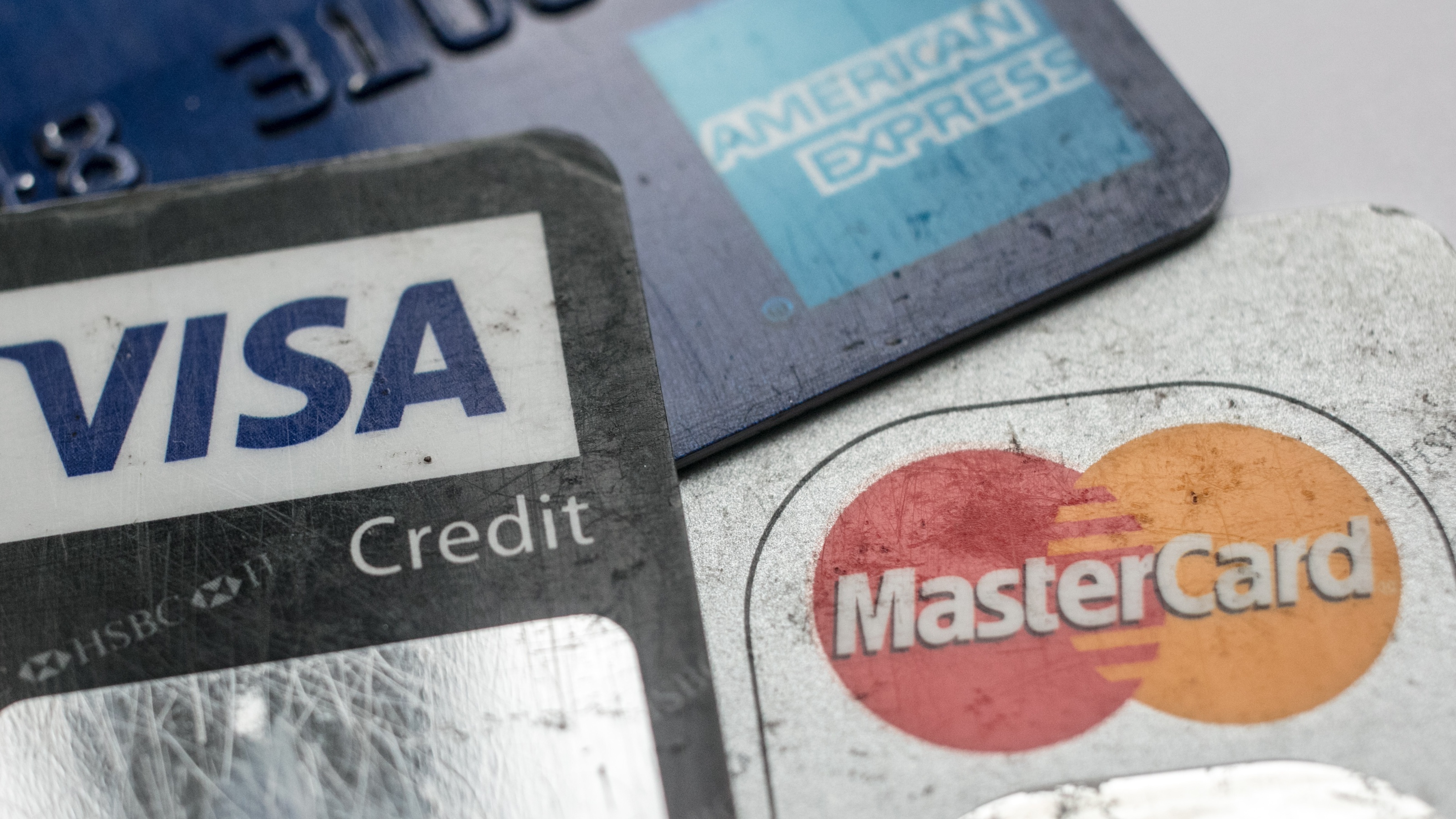 Brits keeping 21 million ‘money secrets’ from friends and family, survey reveals
Brits keeping 21 million ‘money secrets’ from friends and family, survey revealsSpeed Read Four in ten people admit staying quiet or telling fibs about debts or savings
-
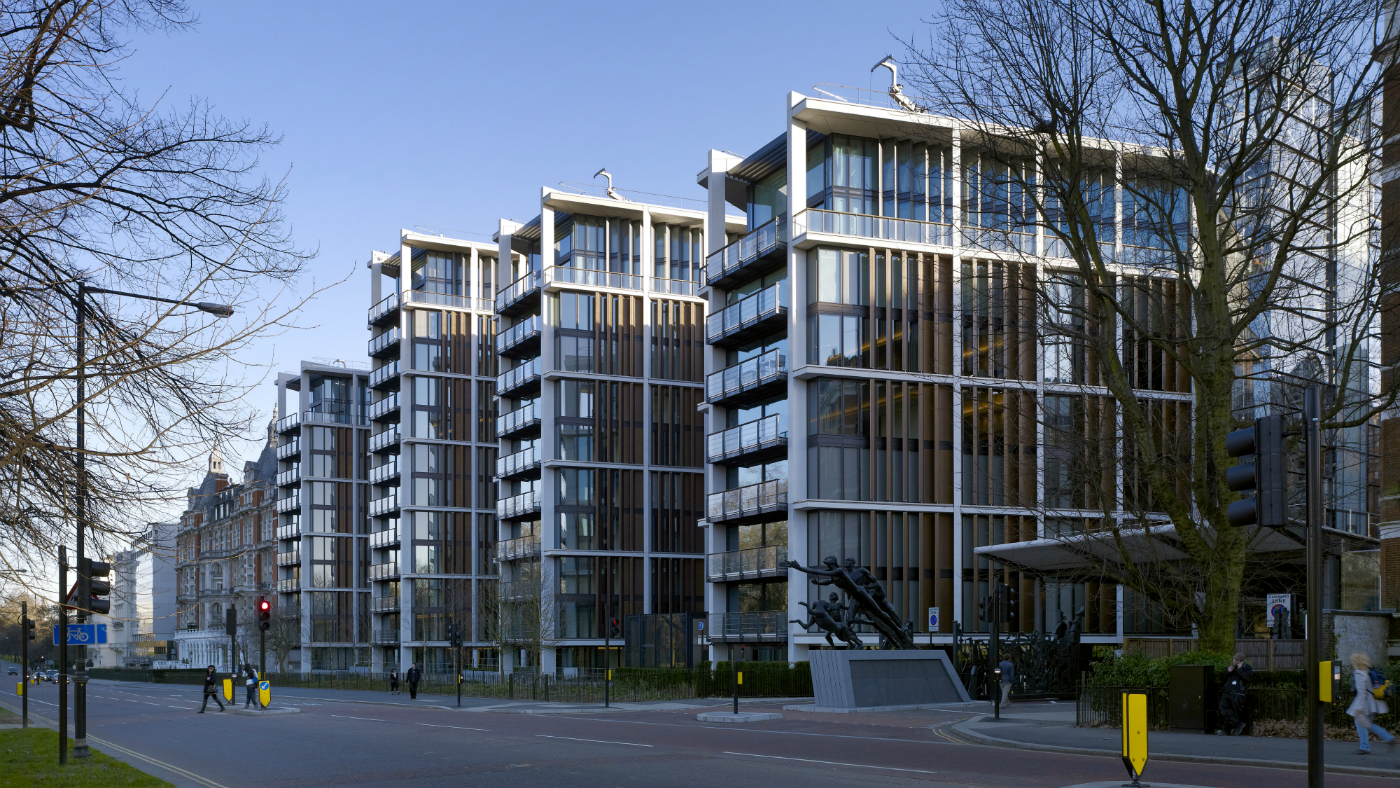 London renters swap cramped flats for space in suburbia
London renters swap cramped flats for space in suburbiaSpeed Read New figures show tenants are leaving Britain's cities and looking to upsize
-
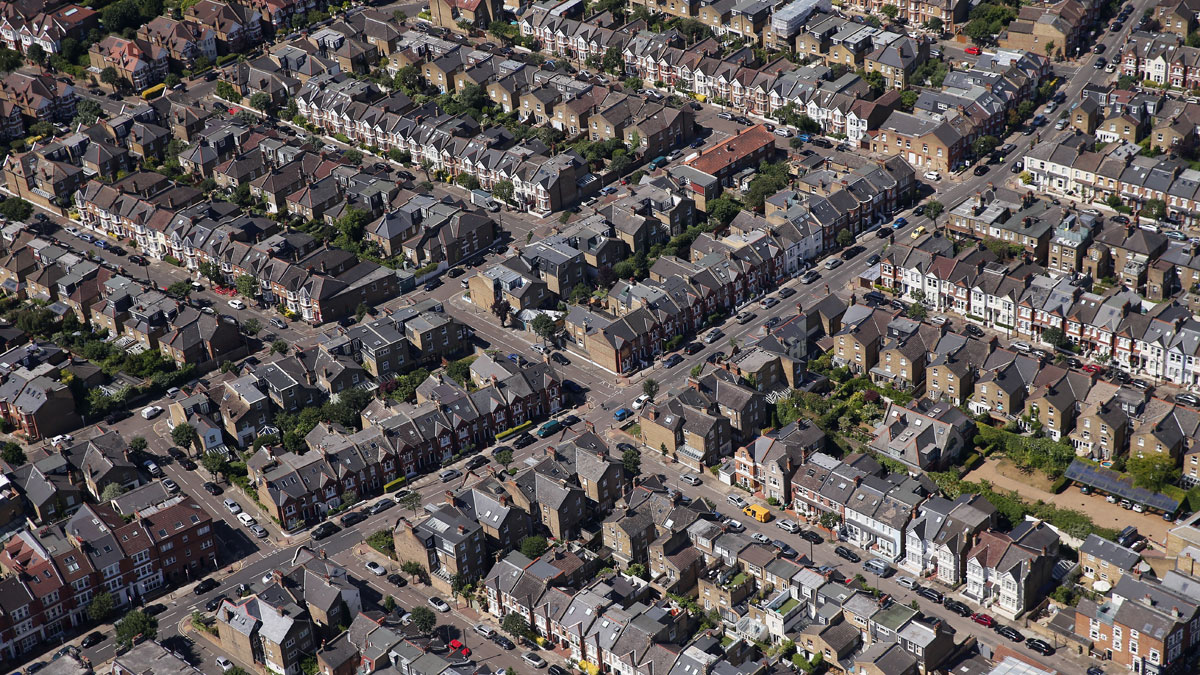 Should the mortgage holiday scheme have been extended?
Should the mortgage holiday scheme have been extended?Speed Read Banks warn that some homeowners may struggle to repay additional debt
-
 RBS offers coronavirus mortgage holidays
RBS offers coronavirus mortgage holidaysSpeed Read Taxpayer-owned bank follows measures taken in virus-struck Italy
-
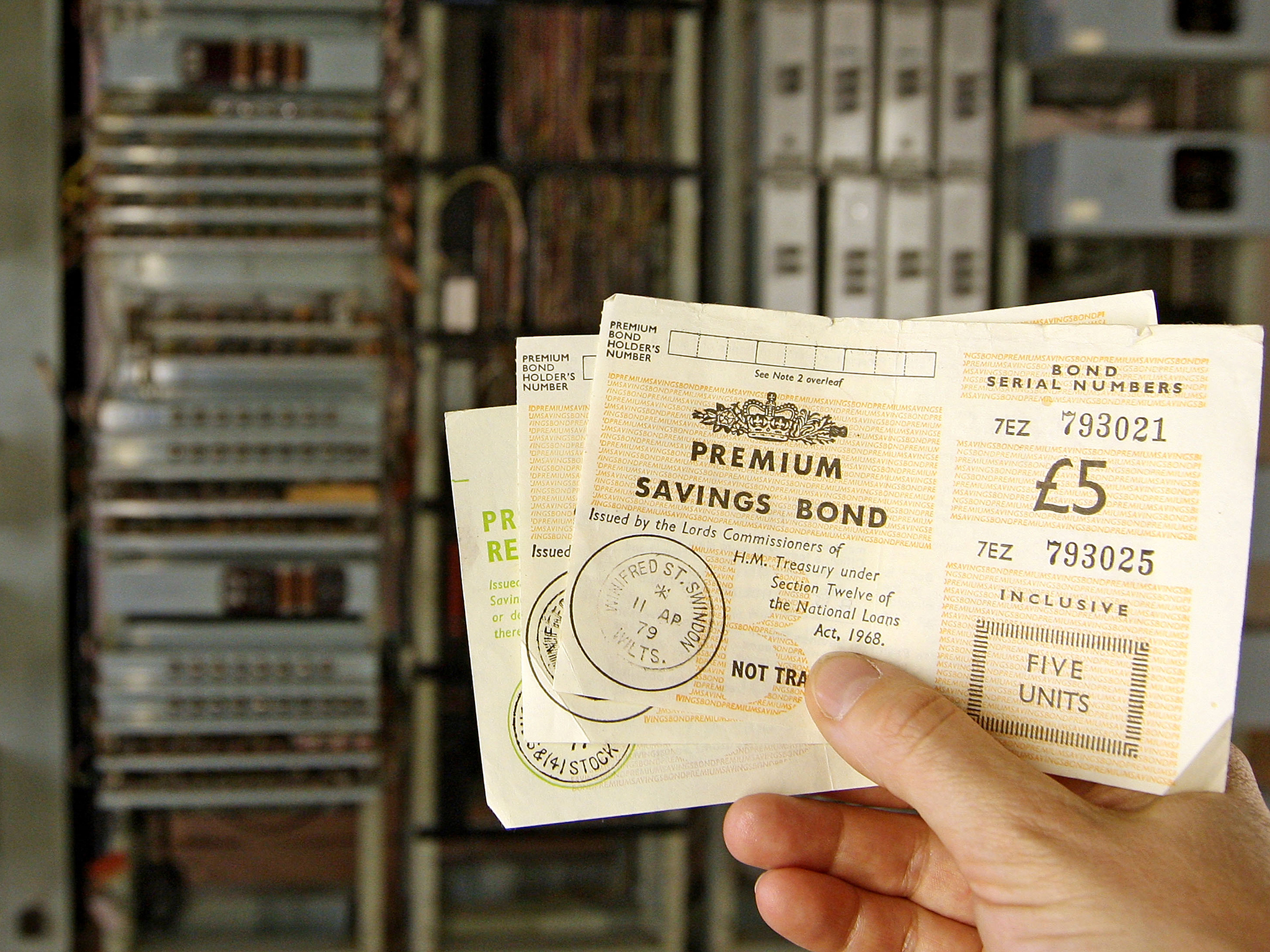 What are the changes to National Savings payouts?
What are the changes to National Savings payouts?Speed Read National Savings & Investments cuts dividends and prizes for bonds
-
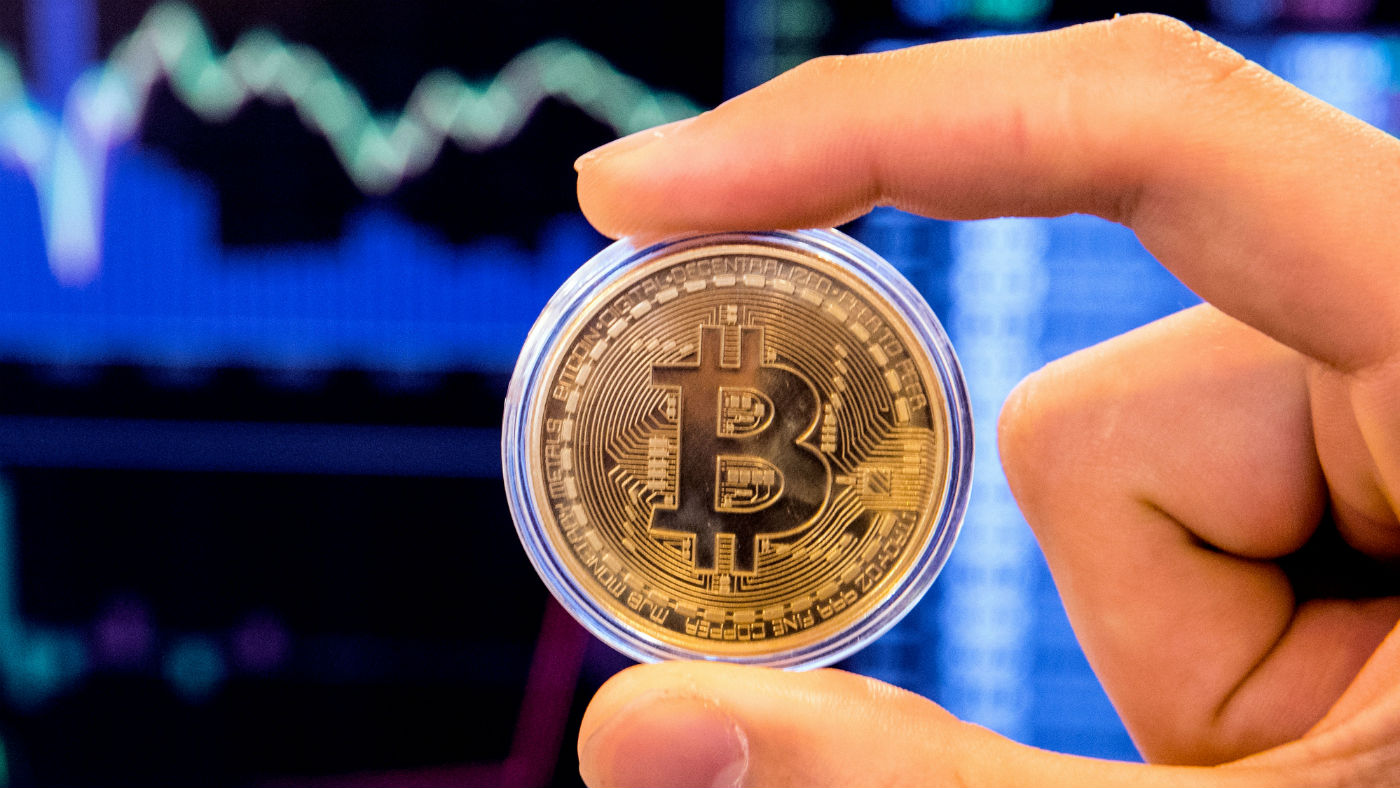 China clears path to new digital currency
China clears path to new digital currencySpeed Read Unlike other cryptocurrencies, Beijing’s would increase central control of the financial system
-
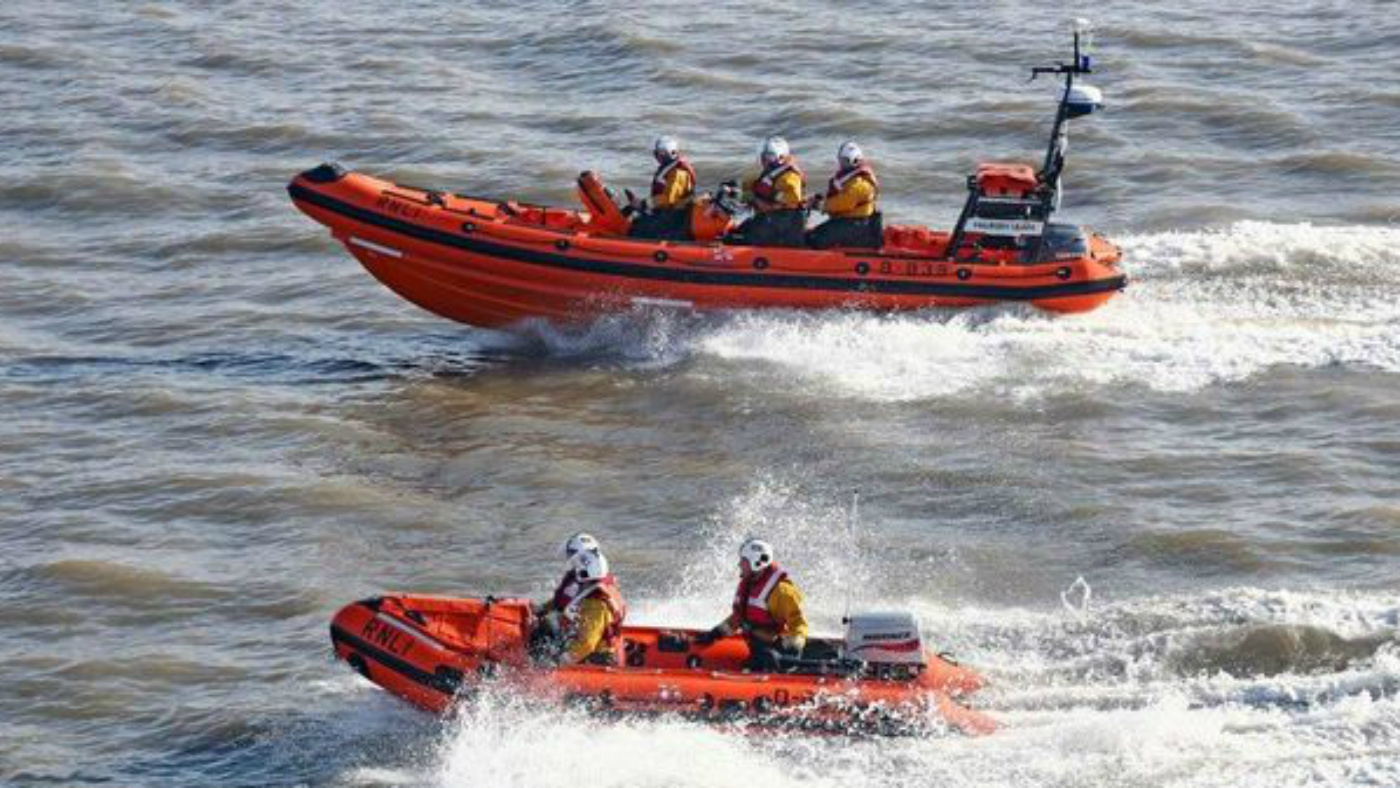 Why are donations surging to the RNLI?
Why are donations surging to the RNLI?Speed Read Charity enjoys flood of funding after criticism for overseas work
-
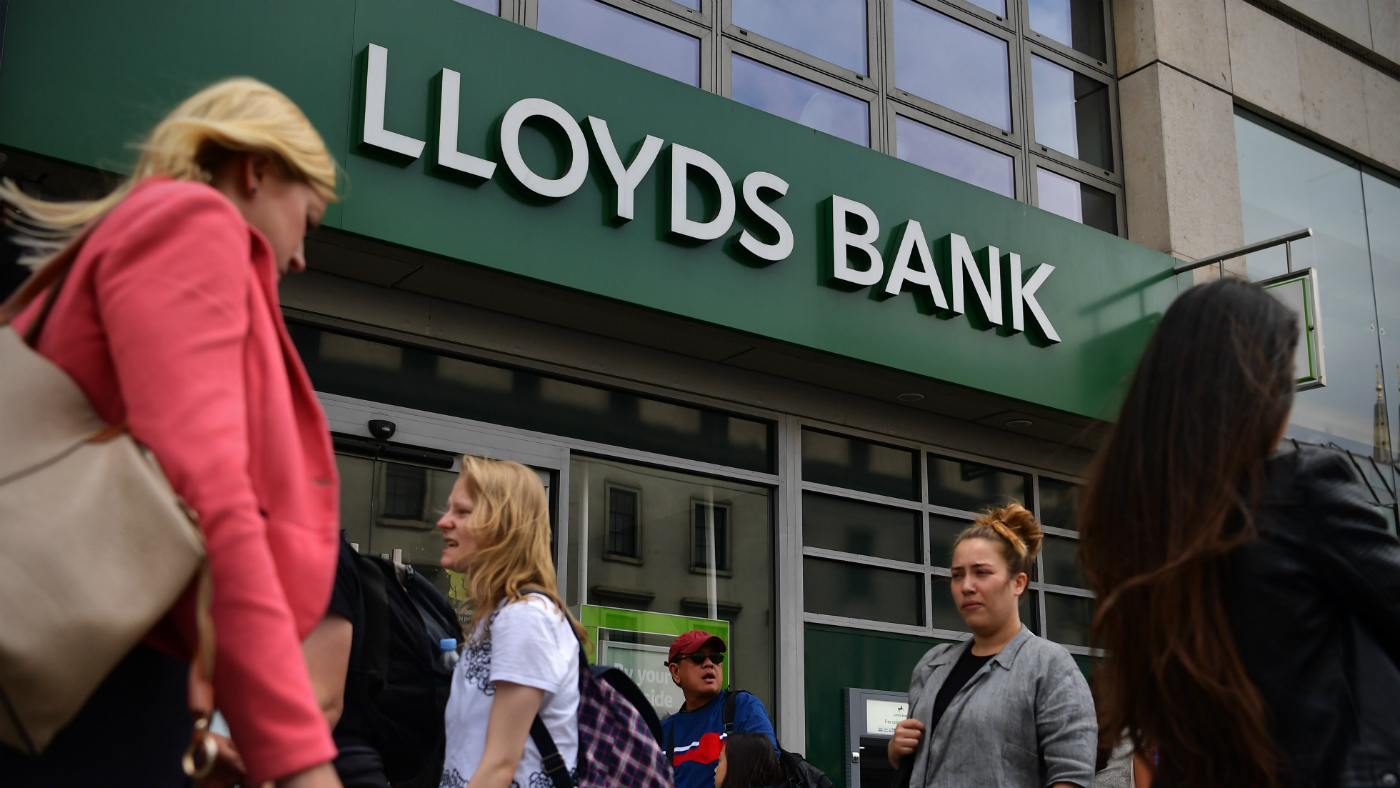 PPI deadline day: how to claim
PPI deadline day: how to claimSpeed Read Final chance for consumers to apply for compensation